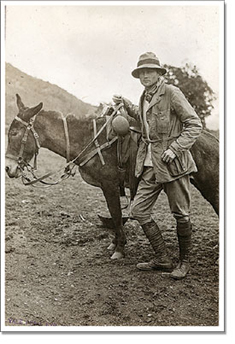Peru-Yale Machu Picchu Controversy Part 10
posted on May 16th, 2008 in Andes Mountains, Archaeology, Incas, Machu Picchu, Peru, Peru-Yale Controversy
What Yale brought back from Machu Picchu
April 18, 2008
Yale Alumni Magazine
In the past week, a furor erupted when the government of Peru issued a press release saying that Yale has 40,000 objects from Machu Picchu and that Yale had claimed to have only 4,000. “Yale’s Machu Picchu Haul 10 Times As Big As Thought,” read the headline in The Guardian (U.K.).
There are numerous bones and bone fragments from humans and animals.
Peru issued the press release after Peruvian experts returned from a trip to Yale, in which they meticulously reviewed Yale’s own inventory of the artifacts. But Yale’s inventory — which it had posted online in early March — has shown all along how many artifacts there are. Yale’s total is some 5,700 (not 4,000), and that figure is the total number of lots. As is clear in the photographs included in several chapters of the inventory, each lot may include one, three, six-or even two dozen pieces.
The inventory includes hundreds of pages of descriptions and photos. The great bulk of the material comprises vast numbers of potsherds, none of them highly decorated or in good condition; all have been catalogued and grouped to keep sherds from the same pots together. There are also numerous bones and bone fragments from animals, such as birds, alpacas, and Peruvian hares, as well as many human bone fragments. One of the 13 sections of the inventory, labeled “Museum” (PDF doc), lists objects that appear to be of museum quality. These include a number of higher-quality ceramic pieces, with complex geometric patterns or glossy finishes, and many pieces of metalwork in bronze and silver — some two dozen shawl pins, two large needles, and several thin disks and pendants, among others.

